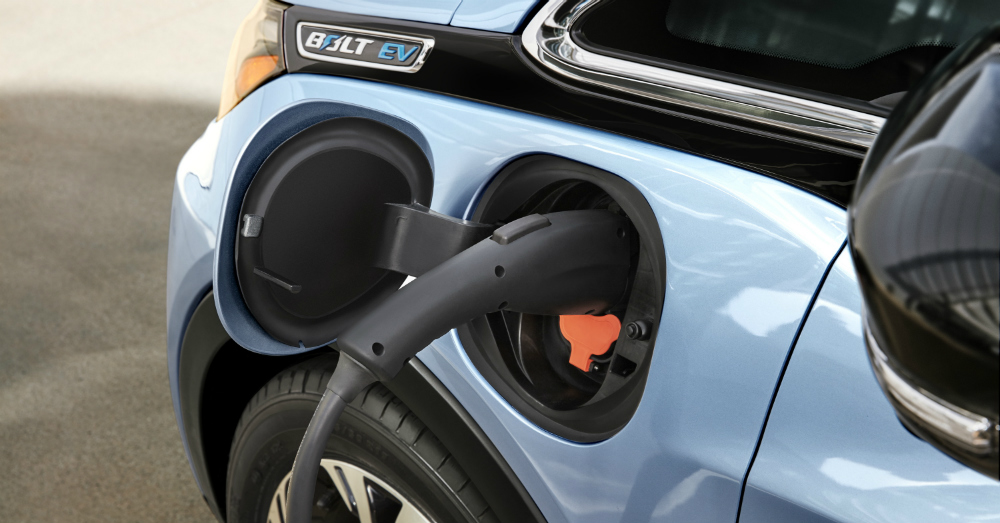In the next few years we will see two new cars that will be a huge part of the automotive lineup. These two are EVs that don’t have gasoline backup engines at all and will have a range that will certainly make us think about buying them when we shop for a car. Until now, the idea of full-time EV was limited to high priced Tesla models or to other models that didn’t give us the range we needed for driving greater distances than 100 miles. These two will make a huge difference and come at prices that are affordable for everyone.
The two models in question are the Chevrolet Bolt and the Tesla Model 3. The Bolt is the newest way Chevrolet will confuse you with their build and naming structure while the Model 3 is only the third model from the high end EV brand. Tesla is working toward having the ability to produce the Model 3 in the numbers desired, but until they actually show they can do this, the name to expect on the market will be the Bolt from Chevrolet. At least in the realm of producing volumes of vehicles this is a brand we can continue to rely on for production.
Another way the Bolt will be a leader in the market is in the area of driving range. The Bolt has been rated by the EPA to have a range of 238 miles, which is more than any other EV on the market for anywhere near this price. The Bolt will have a starting price of $37,500 before the federal tax credit of $7,500 is applied and it will be offered at dealerships before the end of this year to give you a chance to buy one before the year is out.
Currently the other EVs on the market include the Nissan Leaf which has a lower starting price of only $29,860 but only a driving range of 84 miles and the Tesla Model S which has a range of 210 miles for $66,000. The Model 3 is scheduled to arrive by the end of 2017 but will only have a range of 215 miles and a price of $35,000. This makes the Bolt the clear leader in the market over the Model 3 although there will be many who want to drive the Model 3 just because it carries the Tesla name.
When driving the Chevrolet Bolt we see that long highway drives will drain the batteries quicker than in the city drives and actually driving the car around town may allow you to exceed the range stated. This car can recharge in about nine hours on a 240-volt charger and give you about 90 miles of range after 30 minutes when using a DC Fast Charger. Chevrolet has found a way to beat Tesla at their own game by offering us more range and making it to the market nearly a year sooner, which will certainly put the pressure on Tesla.
This post may contain affiliate links. Meaning a commission is given should you decide to make a purchase through these links, at no cost to you. All products shown are researched and tested to give an accurate review for you.

